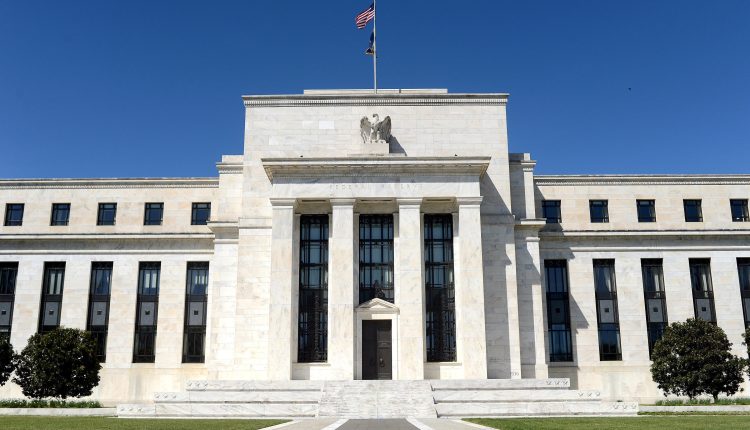Foreign investors increased their bond purchases in Asian markets for the second month in a row in June, buoyed by hopes of a US Federal Reserve rate cut.
This positive outlook is fuelled by improving inflation and a slowing labour market in the US. Regulatory data shows that overseas investors bought a net $3.05 billion in bonds from Indonesia, India, Malaysia, South Korea, and Thailand. This follows a significant net inflow of $9.5 billion in May.
The latest US inflation data, along with signs of softening economic activity, have fuelled ongoing expectations of Fed rate cuts later this year, explained Khoon Goh, Head of Asia Research at ANZ.
Recent data from the US Labour Department showed the unemployment rate rising to a 2.5-year high of 4.1 per cent in June, while consumer prices dipped by 0.1 per cent for the same month. These figures bolster the case for a Fed rate cut.
“This is keeping the risk sentiment positive and benefiting flows into Asia,” Goh added.
While analysts anticipate the Fed initiating rate reductions in the latter half of 2024, uncertainty remains surrounding whether Asian central banks will mirror the pace and number of these cuts.
Frances Cheung, an analyst at OCBC Bank, suggests that Asian interest rates and yields will likely lag behind the downward movement of USD rates and yields.
June saw India lead the pack with a net inflow of $1.79 billion, marking their largest monthly foreign investment in four months.
This surge coincides with the recent inclusion process of Indian local debt securities into the widely tracked JPMorgan Emerging Market Bond Index, which began on June 28th.
Analysts predict India to receive a total inflow of approximately $20 billion over the next ten months as the country gradually reaches its maximum weighting within the JPMorgan index.
Meanwhile, Indonesia attracted $2.5 billion in foreign capital last month, primarily driven by overseas purchases of Bank Indonesia rupiah securities (SRBI).
However, cross-border investors opted to exit South Korean, Thai, and Malaysian debt to the tune of $757 million, $364 million, and $124 million, respectively.
This comes after net purchases of $1.07 billion, $423 million, and $1.16 billion in these markets, respectively, during the previous month.
Attribution: Reuters


